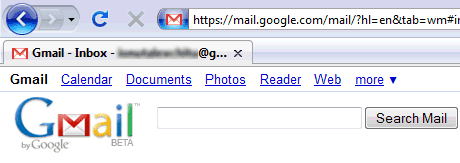Knol is a new Google service created for sharing knowledge. The service has been
announced in December 2007 and it's now publicly available.
Knol has much more in common with
Squidoo and
HubPages than with
Wikipedia. The service is centered around authors: each Knol article displays the name of its author and links to a small biography. Google even lets you
verify your identity, but this only works if you live on the US.

Knol doesn't intend to become an encyclopedia, so there's no single article about a topic. An author can write about almost any topic, but it's recommended to write authoritative content.
There are
three levels of collaboration in Knol:
* open collaboration (any Knol user can edit the article)
* moderate collaboration (any Knol user can suggest changes to the article - enabled by default)
* closed collaboration (only the co-authors can edit the article)
Google uses a rich-text editor borrowed from Page Creator, so it's much easier to edit knols than Wikipedia articles. Users can rate the articles, add comments and write reviews, much like for scholarly works.

By default, articles are licensed as
Creative Commons Attribution, but you can change the license in the settings. It's nice to see that Google encourages the use of flexible licenses that allow content reuse.
Like in Blogger, Google provides an option to monetize your articles using Google AdSense, but the ads are displayed in a fixed position. Knol doesn't let you customize the layout of the page and you can't add JavaScript code, objects or iframes.
Search Engine Land says that Knol is a service created by Google's search quality team. "I do believe [Knol] does solve a search problem. The problem we have, unlocking what people know and bringing it online. This is another tool to help release some of this knowledge," explains Cedric Dupont, the product manager for Knol.
While Google has many other services that allow people to share their knowledge (Blogger, Google Docs, Google Sites), Knol encourages experts to make the search results better by sharing what they know. After all, Knol articles are indexed by search engines and Google promises to not give them preferential treatment.
"Your name is behind your knol, and it should reflect your unique point of view. Be succinct, but comprehensive on your topic of choice. Provide references, and display your credentials. Readers will want to know who you are and gain context on the knols you are writing." - these are some of the
guidelines for writing good Knol articles.
I think that Google managed to develop a very solid service with a lot of interesting features that encourage originality (a list of web pages with similar content), a sense of ownership (your name is included even in the URL) and information accuracy (peer reviews and suggested edits).
 Update
Update. Some example of knols:
How to Backpack,
Buttermilk Pancakes,
Type 1 Diabetes,
A Distributed Document Repository.




















